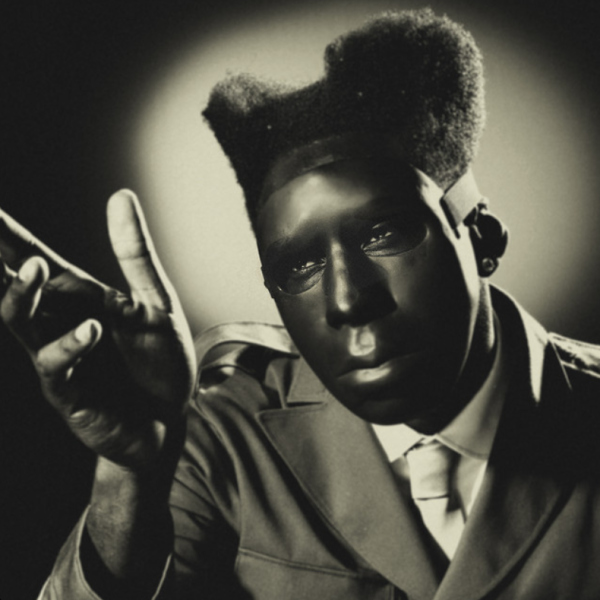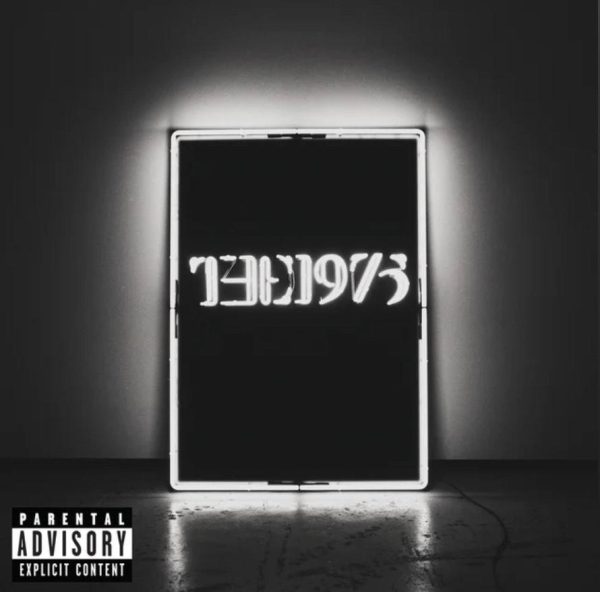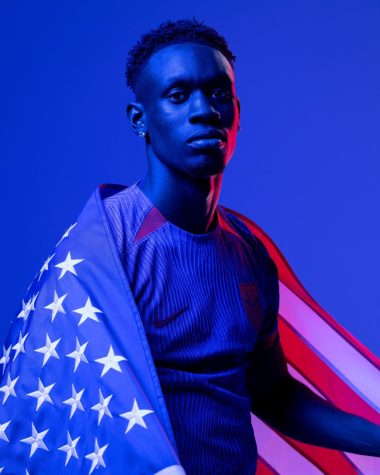Blurring the lines: Why Brazil’s growing relationship with the U.S is troubling
The global powers arrive at a comparable crossroads with their right-wing movements
In 2020, two of the hemisphere’s most powerful countries, Brazil and the United States, both reached complicated crossroads. While the USA is on the heels of another contentious election, with the authoritarian president and frontrunner Donald Trump vying for four more years of power, Brazil is in the middle of their most repressive and regressive regime since the fall of their military dictatorship in 1984.
After roughly 17 years in power, and a slew of corruption scandals, Brazil’s main left-wing party, the Workers Party (Partido dos Trabalhadores) has become massively unpopular. In the midst of this upheaval, a former military captain and career politician, Jair Bolsonaro has seized control of the country, aiming to mold Brazil as a world power. In the process, he has opened up the Amazon rainforest for exploitation, insulted journalists and minorities, and waged a proxy war on democracy, in the name of the Patria (homeland).
Amongst the Brazilian Right, any and every politician on the left, namely those in the Workers’ Party, represents a clear threat to their country’s progress. Corruption of the past is a main driving force not only of Bolsonaro supporters but Bolsonaro’s 2016 campaign itself. President Bolsonaro, not unlike Trump, was swept into office on a hard-line, law-and-order candidacy filled with divisive rhetoric, insults and false promises. Using his natural charisma while preying on the fears of average Brazilians (corruption, economic instability, crime, etc.), Bolsonaro was able to transform himself from an unimpressive and lackluster federal senator to the leader of his country.
Bolsonaro and his ardent supporters see something of a kinship between their leader and President Trump. Both represent the classic caudillo, or “strongman.” Both claim to be patriots trying to save their respective nations from the boogeymen that lie beyond the borders, whether it be illegal immigrants (Trump) or the baseless fear of communism (Bolsonaro).
Brazil’s president and his fans have also adopted the English-language term “fake news,” popularized by Trump, which is used to instantly discredit any story that calls him or his administration into question. Further connecting the two leaders is a religious fervor that partly explains their cults of personality, as well as some of their decisions. This harkens back to the days of kings ruling by divine right. Enjoying a 70 percent approval rating by evangelicals, Trump once referred to himself as “the chosen one” during a question and answer session with reporters. Proponents of Bolsonaro often refer to him as mito, or myth, in reference to his middle name which roughly translates to “messiah.”
As is often the case with other nations, the United States’ relationship between themselves and Brazil has been historically unequal, even interventionist, as the US provided tacit support at the beginning of Brazil’s military dictatorship. Culturally, the exchange is a one-way street. Americans have largely remained in the dark about Brazil, while many Brazilians regularly consume American music, film, television and clothing brands.
These disparities transfer over to politics as well, particularly among Brazil’s right. The rise of conservatism and of Donald Trump in the U.S., combined with past corruption, pushed this tropical nation of 210 million further to the reactionary right. Choosing to wear a brand you saw in a Hollywood movie is relatively innocuous. Collectively using the United States’ political choices to bolster and shape your own can have devastating consequences. This adoration extends all the way up to Bolsonaro himself, as well as his immediate family.
Sao Paulo politician Eduardo Bolsonaro, son of the president, was seen sporting a Trump 2020 cap shortly after his father’s victory in Brazil’s 2018 elections. Just two weeks ago, Jair Bolsonaro posted a live stream to his Facebook, showing him watching President Trump’s State of the Union Address, broadcasting it to his 10 million followers.
As Bolsonaro gave the go-ahead for further exploitation of the Amazon Rainforest, President Trump signaled his backing of this in a tweet, stating “President Bolsonaro has the full and complete support of the USA.” This approval, from a former colonial power nonetheless, only bolsters and reinforces Bolsonaro’s damaging agenda.
At first glance, a stronger relationship between the two countries could seem like a net win. Look a bit closer however and you’ll see the negative implications. Economically, a trading partnership worth $43 billion hangs in the balance. In terms of food, the USA is the world’s #1 consumer of beef and meat products, whereas Brazil is the #1 exporter of it. A stagnating economy in Brazil worsened by Bolsonaro could have drastic impacts on the prices of a staple food in the United States.
Most importantly, the Brazilian people could directly suffer from the United States giving support to the wrong actors in Brazilian politics. While some may write this off as paranoid and speculative, the USA’s backing of Brazil’s 20-year dictatorship, which resulted in the torture, murder, and illegal arrest of thousands, is all the historical justification I need to be concerned.
Email Drew at [email protected]











